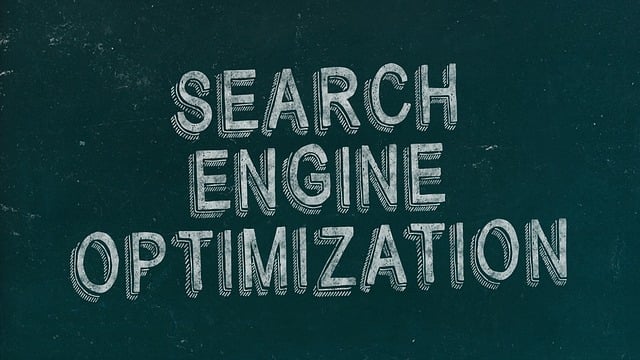AI vitamin and supplement optimization tools utilize biofeedback data to offer personalized nutritional plans based on an individual's unique physiological responses to food, vitamins, and supplements. By measuring parameters like heart rate variability, skin conductance, and body temperature, these tools identify food triggers affecting energy levels, mood, or inflammation, ensuring tailored dietary advice for optimal health outcomes. This innovative approach democratizes access to personalized nutrition, enhancing the effectiveness of regimens and deepening understanding of the link between diet and personal health.
Biofeedback tools are transforming the way we understand our physiological responses to food, offering a personalized approach to nutrition. This article explores how biofeedback, combined with artificial intelligence (AI), is revolutionizing vitamin and supplement recommendations. By analyzing individual reactions to various dietary choices, these innovative AI vitamin and supplement optimization tools enable tailored health tracking, fostering better-informed dietary decisions for optimal well-being.
- Understanding Biofeedback and Its Role in Nutrition
- AI's Impact: Revolutionizing Vitamin and Supplement Recommendations
- Personalized Health Tracking for Optimized Dietary Choices
Understanding Biofeedback and Its Role in Nutrition

Biofeedback is a powerful technique that offers insights into our physiological responses, allowing us to make data-driven decisions about health and wellness. In the context of nutrition, biofeedback tools play a pivotal role in helping individuals understand how their bodies react to different foods, supplements, and vitamins. By measuring various physiological parameters such as heart rate variability, skin conductance, and body temperature, these tools provide real-time feedback on an individual’s response to dietary choices.
AI-driven vitamin and supplement optimization tools leverage biofeedback data to tailor nutritional plans. They can identify food triggers that may impact energy levels, mood, or inflammation, enabling personalized adjustments. This approach ensures that nutrition strategies are not one-size-fits-all but instead cater to each person’s unique physiological makeup, promoting optimal health and well-being.
AI's Impact: Revolutionizing Vitamin and Supplement Recommendations

In the realm of health and wellness, Artificial Intelligence (AI) is a game-changer, particularly in personalizing nutrient recommendations. AI vitamin and supplement optimization tools leverage advanced algorithms to analyze an individual’s unique physiological data, including biofeedback from various sensors. This enables them to understand how one’s body responds to different foods, vitamins, and supplements, tailoring suggestions accordingly. By learning from vast datasets and continuous user feedback, these AI models can predict nutrient deficiencies and suggest targeted interventions.
The impact is profound, ensuring that individuals receive customized guidance based on their specific needs. This personalized approach enhances the effectiveness of vitamin and supplement regimens, promoting optimal health outcomes. Moreover, AI tools democratize access to personalized nutrition, making expert-level advice more widely available and affordable.
Personalized Health Tracking for Optimized Dietary Choices

Personalized health tracking is transforming the way individuals make dietary choices. With the advent of advanced biofeedback tools, people can now gain deep insights into their physiological responses to different foods. These innovative devices measure various metrics like heart rate variability, skin conductance, and body temperature fluctuations, providing a comprehensive view of an individual’s metabolic processes. By analyzing these data points, AI-powered vitamin and supplement optimization tools can be employed to tailor nutrition plans that cater to each person’s unique needs.
This precision approach ensures that dietary choices are not one-size-fits-all but rather customized to optimize health and well-being. For instance, an AI algorithm could suggest specific nutrient supplements or adjustments in diet based on real-time biofeedback, helping individuals make informed decisions about their meals. This personalized health tracking not only enhances overall nutrition management but also fosters a deeper understanding of the intricate connection between diet, physiology, and personal health outcomes.
Biofeedback tools, combined with AI’s predictive capabilities, are transforming the way we approach nutrition. By measuring our physiological responses to food, these innovative technologies enable personalized health tracking and AI vitamin and supplement optimization. This data-driven approach promises tailored dietary choices, enhancing overall well-being and demonstrating the future of healthy living.
